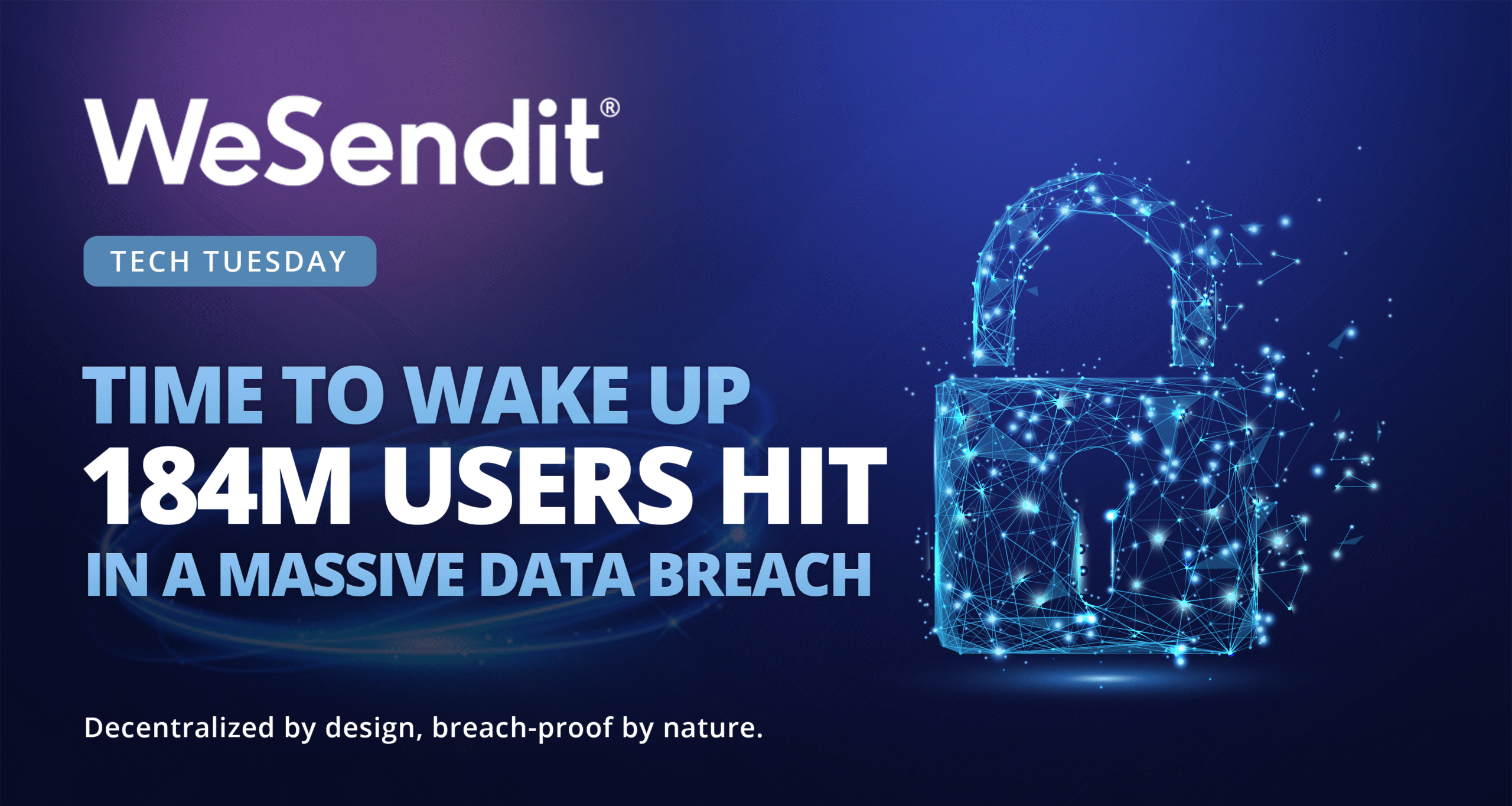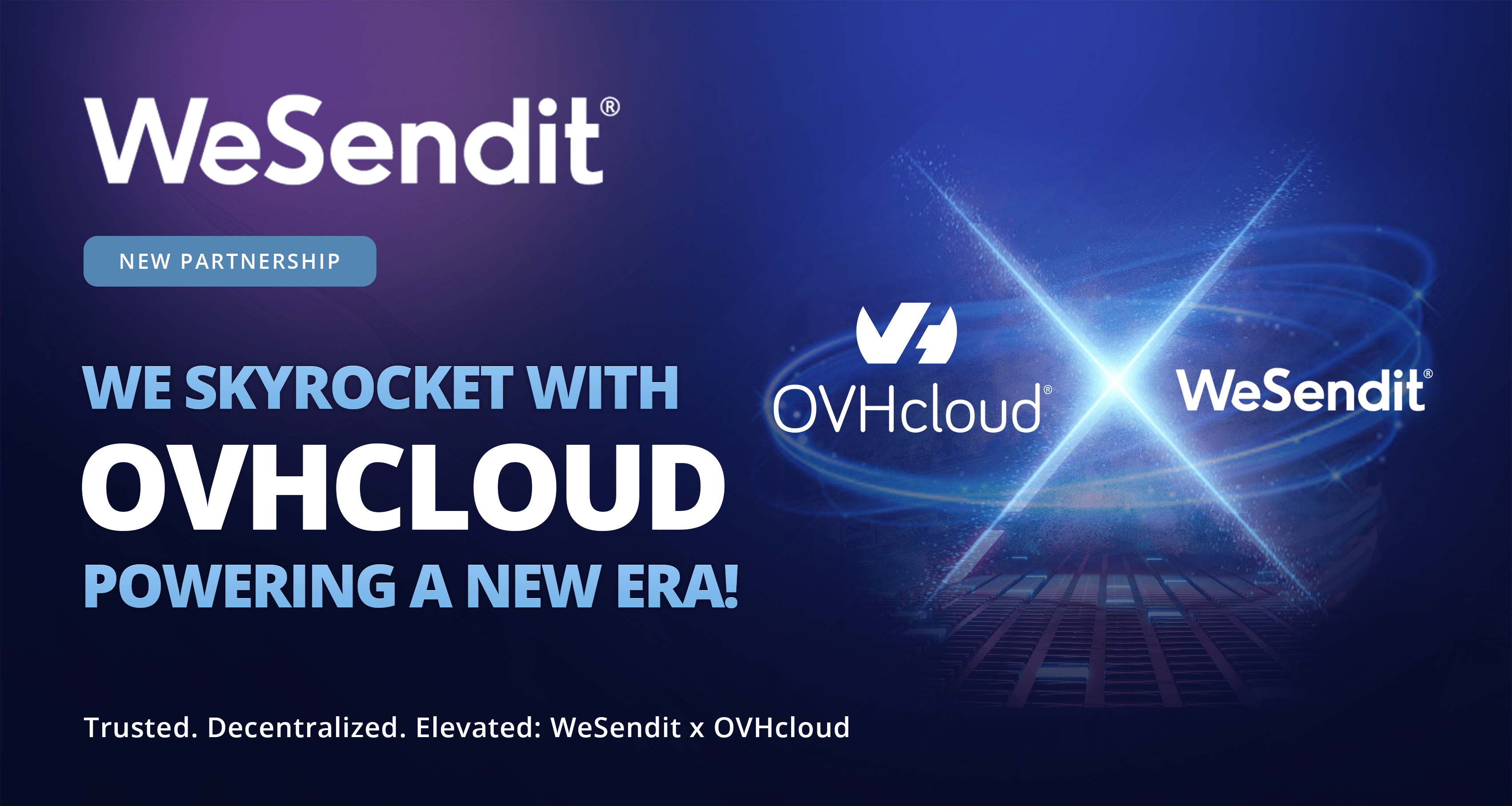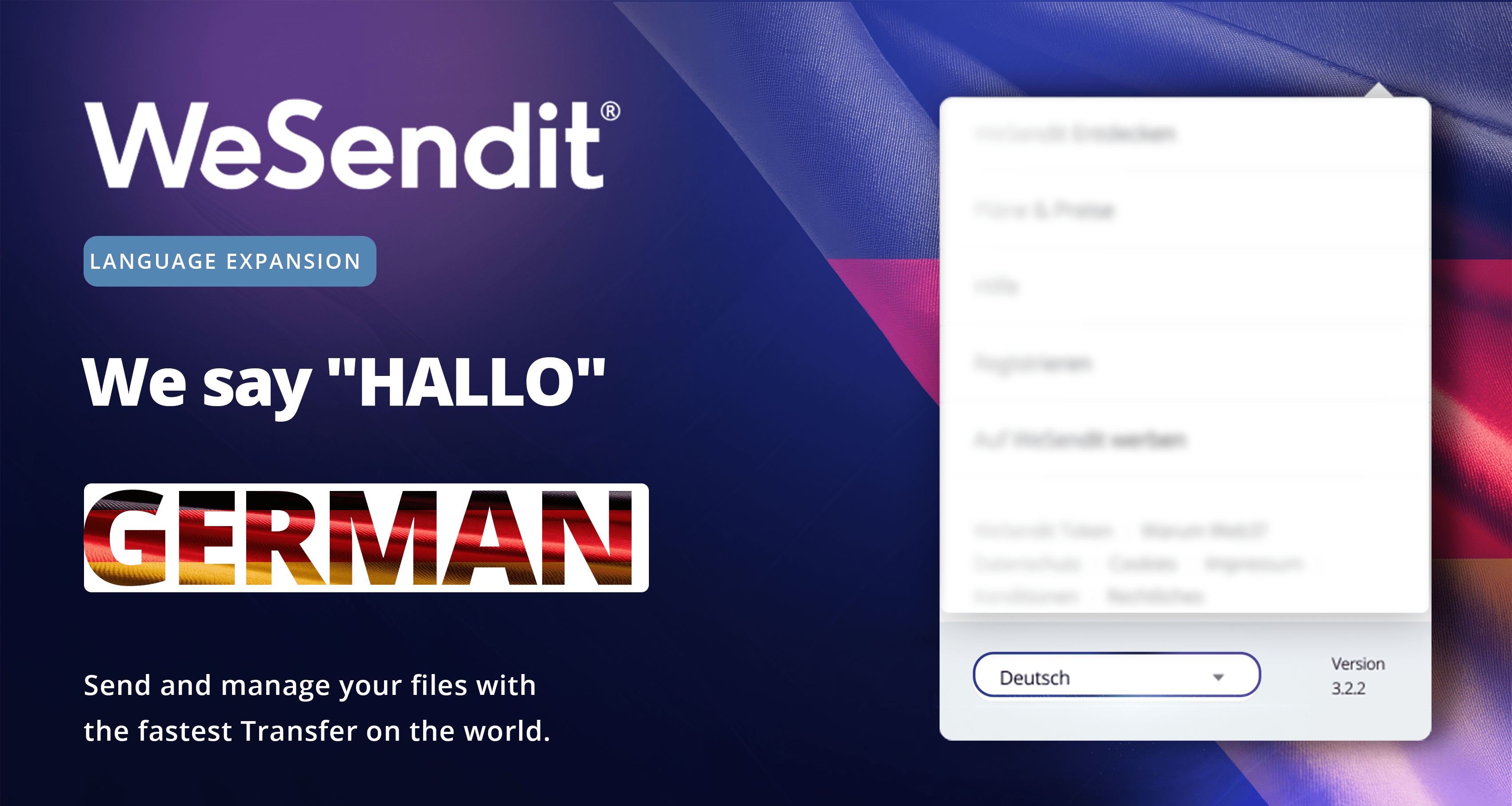WEB FREE #8: Zero-Knowledge Proofs
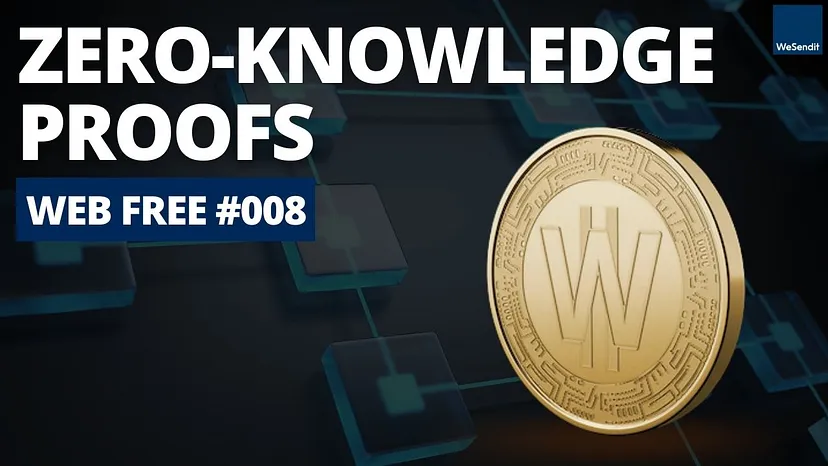
“Zero-knowledge proof.”
What sounds like an average college exam experience is in fact one of the most powerful and promising cryptographic techniques in existence. The new WeSendit will also make use of ZKP, so it’s about time to explain the concept in more detail. Let’s dive right into the world of provers, verifiers, and believers…
What are Zero-Knowledge Proofs?
Zero-knowledge proofs (ZKP) allow one party (the prover) to prove to another party (the verifier) that they know a particular piece of information without actually revealing the information itself.
In other words, ZKPs allow you to convince someone else of the truth of a statement without revealing any information beyond the actual truth of the statement.
The zero-knowledge proof concept was introduced in 1985 and has gained popularity and significance with the rise of blockchain technology. Today, sophisticated ZKP are used for authentication, privacy protection or identification purposes.
While different types of ZKP exist, they share a common feature: The prover provides the verifier with evidence that he or she knows a certain piece of information. The verifier then uses this evidence to verify the truth of the statement without actually getting access to the information itself.
The two main types of ZKP are interactive and non-interactive zero knowledge proofs:
Interactive zero-knowledge proofs require a repeated form of dialogue between prover and verifier to complete a proof.
Non-interactive zero-knowledge proofs only need one initial message from the prover to the verifier. The latter can then validate the proof without further interaction with the prover.
How do zero-knowledge proofs work?
Let’s say you have a secret password, and you need to prove to someone that you know the password without telling them the actual password. With zero-knowledge proofs, you could demonstrate your knowledge of the password to the other person without revealing it. This is made possible by complex mathematical algorithms.
For a simplified analogy, imagine a hidden picture puzzle for children. You know, those depictions of busy scenes from everyday life. Let’s say there is a train station scene full of people and you and your friend are both supposed to find the location of the red suitcase.
You tell your friend you know the location of the suitcase, but he does not believe you.
How can you prove that you know the location without giving it away?
You simply cut out a very small area around the suitcase and show it to your friend.
Your friend now knows that you know, i.e. that your statement was correct.
Yet he still does not know the actual location of the suitcase. In other words, he does not get access to the information itself, but you still manage to prove that you “own” it.
That is how things work with zero-knowledge proofs. Plus a few more formulas and computations… 😉
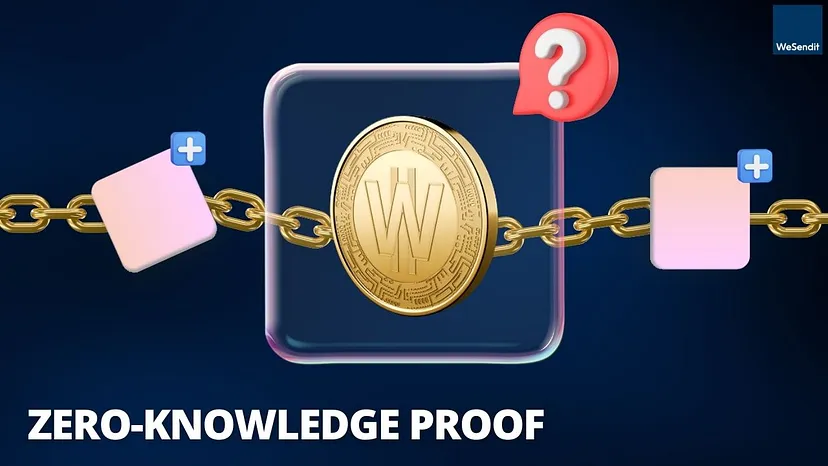
What are the main benefits of zero-knowledge proofs?
Strengthened privacy: ZKP can validate the truthfulness of an information without the need to reveal the information itself. This is a great gain for privacy and has many potential applications, especially when it comes to confidential and sensitive information such as healthcare records, patient data, financial info or personal information.
Improved security: By eliminating the need for intermediate parties, zero-knowledge proofs also increase the security of blockchain transactions, especially when it comes to proving ownership.
Greater efficiency: Sophisticated ZKP minimize the need for processing power and additional computation. This does not only lower costs, it also speeds up the entire verification process.
Decentralized trustless systems: Blockchain technology seeks to create trustless systems where trust is not required to validate transactions. Zero-knowledge proofs enable trustless verification by providing mathematical proofs of correctness. This makes possible the “trustless systems” that blockchain technology seeks to create.
Conclusion: From zero to hero!
Zero-knowledge proofs have the potential to fulfill one of blockchain’s most important promises: To enable a trustless system in which your personal information remains safe at all times.
The possible use cases are breathtaking and many organizations, including WeSendit, are working to build powerful use cases. The era of zero-knowledge proofs has only just begun.
As always, the actual security of a system will depend on how good the ZKP algorithms and protocols have been devised and integrated. However, it is evident that zero-knowledge proofs are one of the most promising cryptographic tools.
They will have a major impact on file transfer and storage as well and WeSendit will make sure to benefit from it.
Will you?
If so, make sure to get your WSI tokens now and spread the word about our project.
Let’s revolutionize file transfer together!
About WeSendit
WeSendit Media AG is a leading provider of secure file transfer and storage solutions, serving over 3.65 million active users across 180+ countries. Our decentralized node network represents our commitment to innovative, sustainable, and efficient storage solutions for enterprises worldwide.
Visit https://discover.wesendit.com/ for more information on the project.
Experience the WeSendit feeling here.
Twitter | Instagram | Youtube | Linkedin | Telegram | Medium

